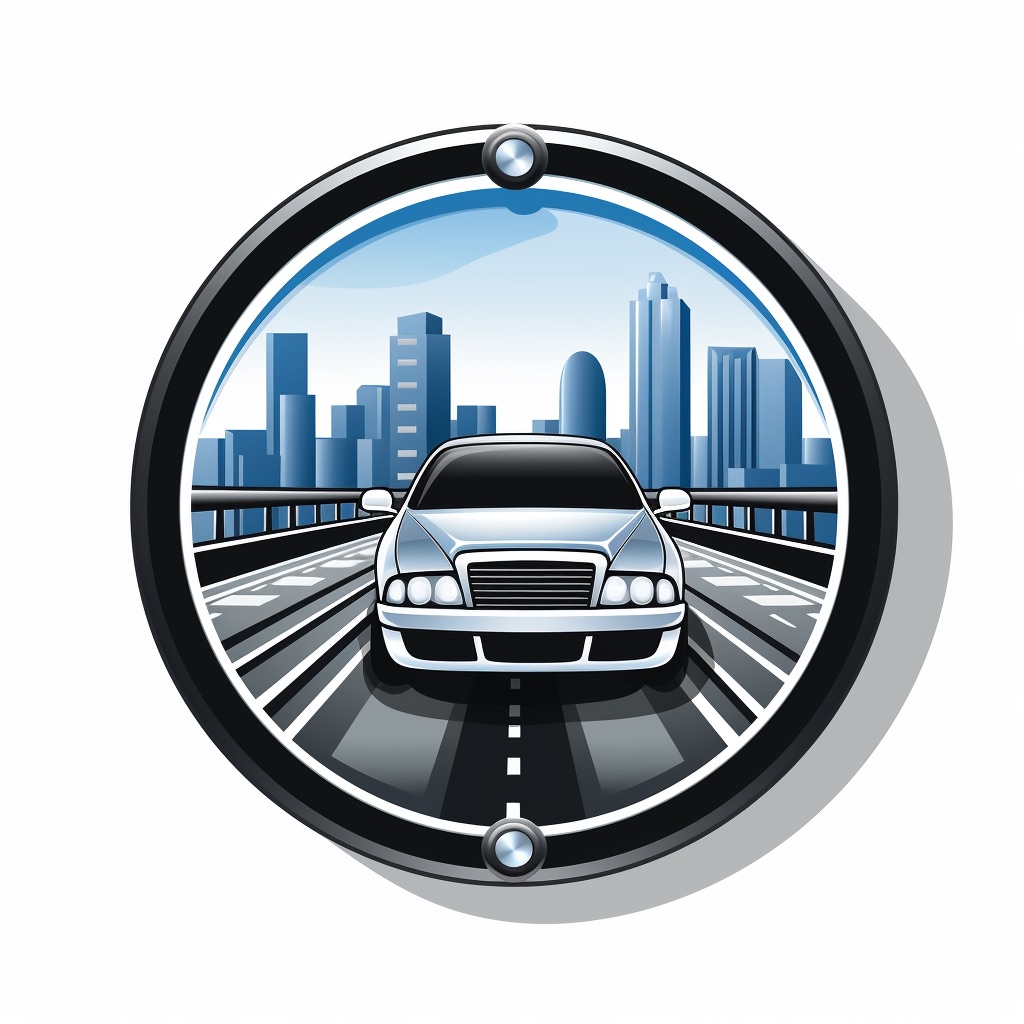Reckless driving is a serious issue on our roads and highways. It poses a great threat to the safety of drivers, passengers, and pedestrians. Reckless driving can be defined as the act of operating a vehicle with a wilful disregard for the safety of others, which can include speeding, tailgating or weaving in and out of traffic. It is important to understand that reckless driving isn’t just dangerous but it can also result in criminal charges.
Reckless Driving
Reckless driving is the operation of a motor vehicle in a careless manner in a way that put in danger or is likely to endanger people or property. This can include racing on the highway, weaving through traffic or driving under the influence of drugs or alcohol. Reckless drivers are notorious for ignoring traffic signals, exceeding speed limits, changing lanes without indication and generally disregarding road rules.
Legal Consequences
Engaging in reckless behaviour while behind the wheel can cause injuries and fatalities that carry an even heavier weight. It’s important to understand that reckless driving is not just limited to moving violations but can also result in criminal charges that have serious legal implications. People convicted of reckless driving could face fines, license suspension or revocation, imprisonment, or community service.
Reckless Driving Is Not Only Dangerous But Can Also Result In Criminal Charges
Reckless driving puts everyone on the road at risk, often leading to devastating consequences such as property damage and injuries. Drivers must understand how their choices behind the wheel affect their own lives and other road users around them. By shedding light on this topic, we hope more people will take responsibility for their actions on our roads, ultimately making them safer for everyone involved.
Statistics on the Prevalence and Dangers of Reckless Driving
According to the National Highway Traffic Safety Administration (NHTSA), reckless driving is responsible for approximately one-third of all traffic casualties in the United States. In 2019 alone, an estimated 10,142 people were killed as a result of reckless driving behaviors. These statistics are alarming considering that reckless driving is often preventable. In addition to fatalities, reckless driving can also cause serious injuries. In fact, data from the Centers for Disease Control and Prevention (CDC) shows that car crashes resulting from a reckless driving result in an estimated $10 billion in medical costs each year.
The Difference Between Reckless Driving and Other Traffic Violations
While many traffic violations are considered minor offenses punishable by fines and points on your driver’s license, reckless driving is often classified as a criminal offense depending on its severity. The key difference between reckless driving and other traffic violations lies in intent. A driver who runs a red light may be guilty of a traffic violation but may not have intended to cause harm or pose a risk to others on the road. On the other hand, drivers who engage in reckless behavior with disregard for others’ safety demonstrate an intentional disregard for laws designed to protect public safety. Understanding what constitutes reckless behavior behind the wheel is critical for avoiding the severe legal consequences that can arise from this type of behavior. By recognizing the dangers of reckless driving and taking steps to prevent it, we can all help make our roads safer for everyone.

Legal Consequences of Reckless Driving
Criminal charges for reckless driving
Reckless driving is not only a traffic violation, but it can also be a criminal offense. The severity of the charge depends on the circumstances surrounding the incident. In most cases, reckless driving is considered a misdemeanor, which carries a maximum penalty of one year in jail and/or a fine. However, if someone is injured or killed as a result of reckless driving, the charge may be elevated to a felony offense.
Misdemeanor vs felony charges
The difference between misdemeanor and felony charges lies in their severity and consequences. Misdemeanors are less serious offenses that are usually punishable by fines, community service or short-term imprisonment. Felonies are more serious crimes that carry longer terms of imprisonment and other severe penalties such as revoking of licenses and registration plates.
Penalties for each charge
The penalties for reckless driving vary depending on whether a misdemeanor or felony is charged. Misdemeanor offenses typically carry fines ranging from $50 to $1,000 plus court costs. At the same time, felonies can incur charges up to $20,000 along with serving time in prison ranging from 1-10 years depending on the severity of the offense.
Repeat offenses and their consequences
Repeat offenders typically face harsher penalties than first-time offenders. For example, suppose someone has been convicted multiple times for reckless driving within a certain timeframe (usually five years). In that case, their license may be suspended or revoked permanently by state law enforcement agencies.
Civil lawsuits resulting from reckless driving accidents
Reckless drivers who cause accidents may be held legally liable for any damages they cause to others involved in the accident. This includes medical expenses, lost wages due to missed work days, property damage, and other expenses. In some cases, the victim may be entitled to sue for punitive damages in order to punish the reckless driver for their actions.
Liability for damages caused by a reckless driver
When reckless driver causes an accident that results in property damage or injury, they may be held liable for any damages incurred by the victim. Liability can include paying compensation for medical bills, lost wages, and some other expenses resulting from the accident.
Insurance implications
Reckless driving can also have significant implications on insurance rates. Insurance companies typically view reckless driving convictions as a sign of high-risk behavior, which can lead to higher premiums costs or even denial of coverage altogether. In addition, insurance companies may require drivers with a history of reckless driving to carry higher liability limits as a condition of their policy.

